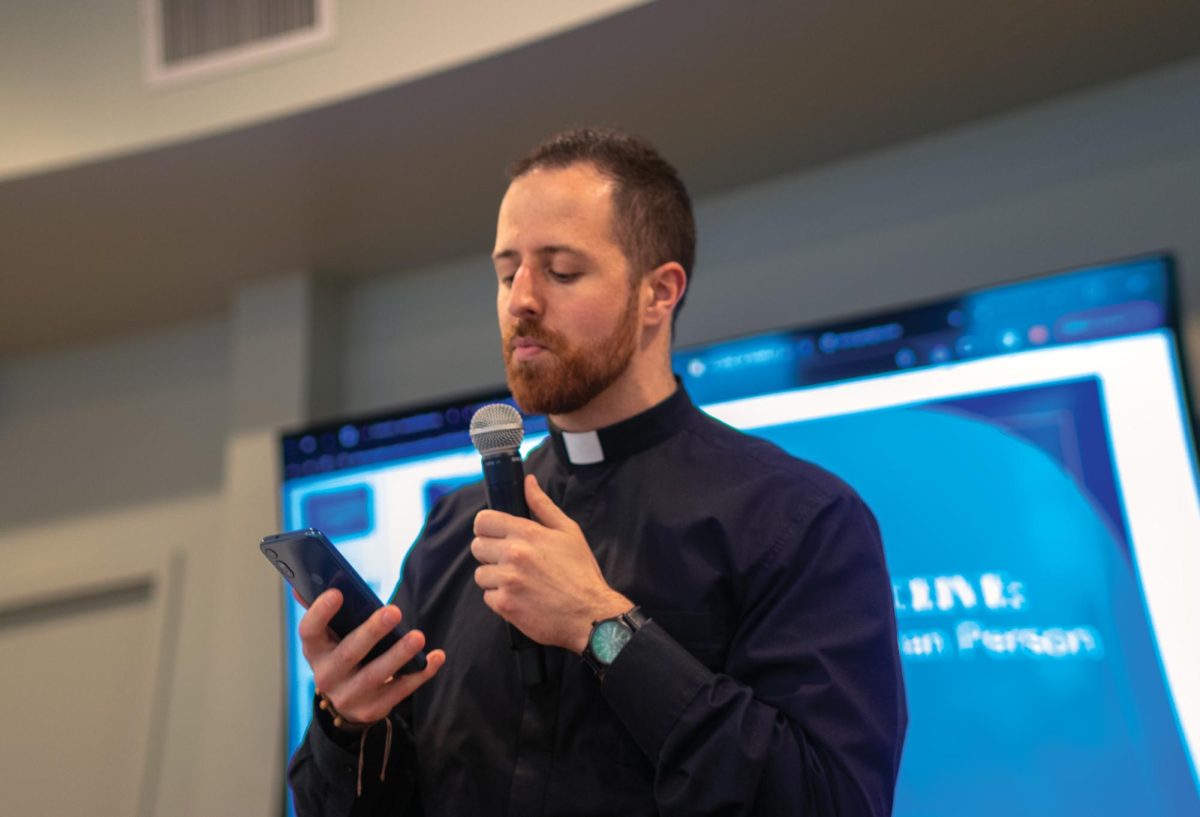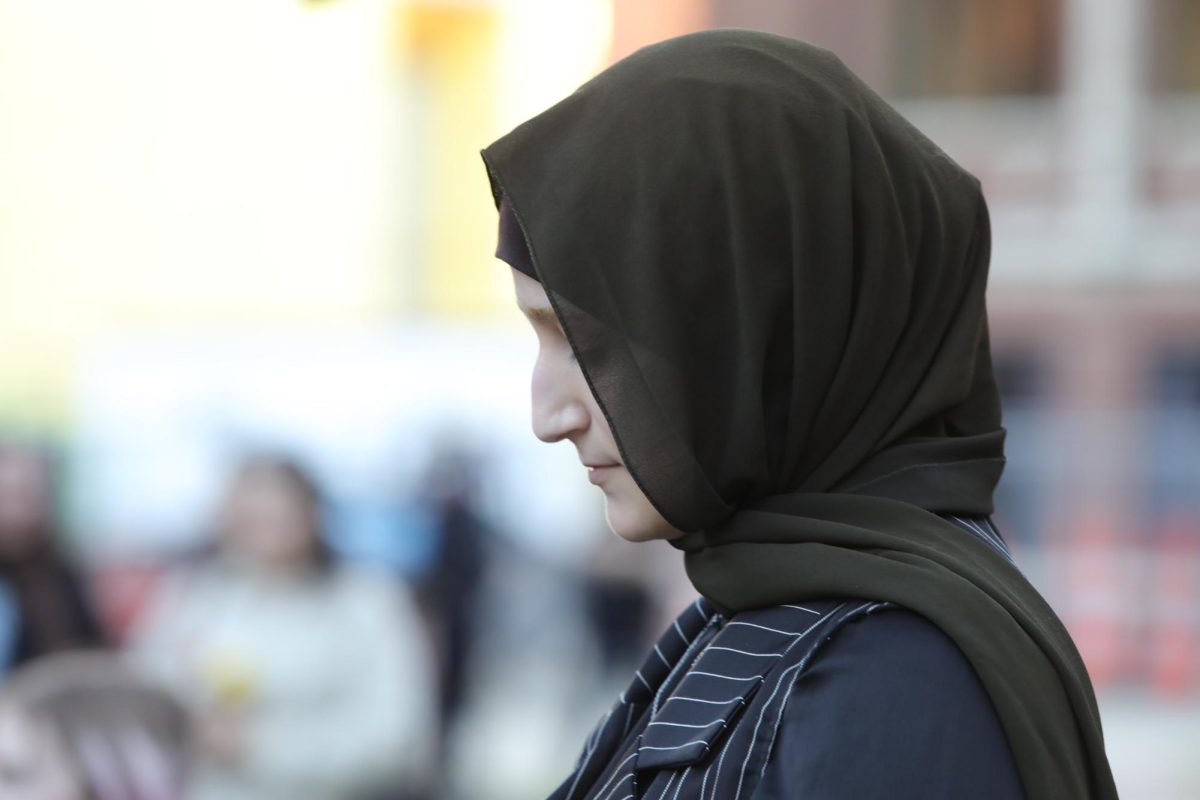At Loyola, there are different ways to approach learning about religions, from in the classroom to joining an organization.
Dr. Timothy Cahill, associate professor in the religious studies department, often requires students to visit a religious institution, such as a temple, church or mosque, as part of his course requisite.
Members of the Muslim Student Association feel the media often falsifies and presents misleading information about Islam. Members recommend students explore Islam firsthand. Sociology junior Hannadi Mirfiq recounts the better ways to learn about Islam.
“I don’t think people should be looking at the media and judging Islam based on that. If they want to learn more, I recommend joining MSA (Muslim Student Association), talking to an Islam or Arabic professor, reading the Quran or even visiting a mosque,” Mirfiq said.
Muslims have five different prayer times. First is Fajr, at dawn before sunrise. The next prayer time is Duhur, between the dawning of the sun. Asr is the time in the late afternoon before sunset. Maghrib is in the evening, soon before the sunset until the disappearance of twilight. Isha is after the disappearance of twilight until midnight.
Before participating in rituals, participants are expected to perform ablution. This includes washing the face and rinsing the mouth with water and cleansing the nostrils. Another requirement is that participants must wash hands and arms up to the elbows. Participants must wash their entire heads and cleanse their ears. Cleansing feet is the final step in the ablution process, which should be done without pauses or breaks.
Depending on the Mosque participants visit, the prayer service may vary.
If it’s the Friday prayer around 12 p.m. and 2 p.m. there is the call to prayer, followed by a sermon, followed by standing, bowing and prostrating while praying. A weekday service is normally not a sermon, and participants observe prayer practices instead. The number of attendees at each service time varies depending upon the time and location.
Men and women attendees are advised to wear long shirts and pants or skirts. Women should bring scarves to cover their hair if they feel that is the proper thing to do in the particular mosque. There are some mosques that welcome participants and visitors in any attire, but participants should call in advance to confirm. The majority of mosques request and insist proper dress attire, including hair scarves for women.
Attending a Mosque is one way to learn about Islam, but another approach to learning about Islam is by joining the Muslim Student Association. This student organization is open to any Loyola student.
MSA aims to improve members’ understanding about Islam. Non- Muslim members and Muslim members participate in events and service projects to enhance their understanding of how different aspects of Islam deal with common and critical issues.
Pegah Namazizadeh, psychology pre-med senior and MSA’s president, aims to broaden everyone’s understanding about Islam and show students that Islam is a peaceful religion. MSA dedicates a week to the importance of increasing members’ understanding of the fundamentals of Islam.
“There is a whole week, Islam Awareness Week, where this week would be dedicated to raise awareness and answer any questions anyone may have about Islam,” Namazizadeh said.
During meetings, MSA discusses Islam holidays and plans events to teach members about Islam through doing community service. Incorporating a fundamental Jesuit approach to learn, MSA uses service learning as a way to show students how Islam relates to world issues. MSA also dedicates time during the meeting to educate students about Islam and answer any questions members may have.
“Some events we hold include Fast-A-Thon, which is held during the month of Ramadan, where students of all faiths get to sign up to fast for a day to help create awareness on the issue of hunger and to remind ourselves what people around the world have to go through each day,” Namazizadeh said.
Members of MSA welcome everyone to learn more about Islam and admire non-Muslim members for venturing out of their comfort zones to do so.
Sociology sophomore Zahra Abdelejaber has a great deal of respect for students that are open minded about learning about Islam.
“It takes a lot for a person to reach out and want to understand something they have not grown up learning about,” Abdelejaber said.
Nhi Tieu can be reached at [email protected]








